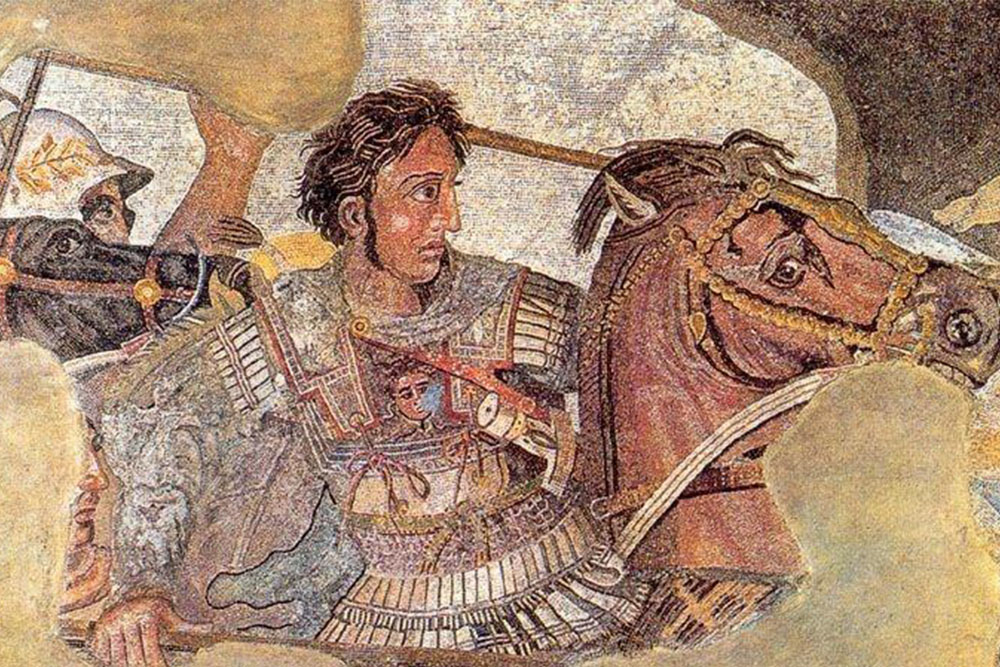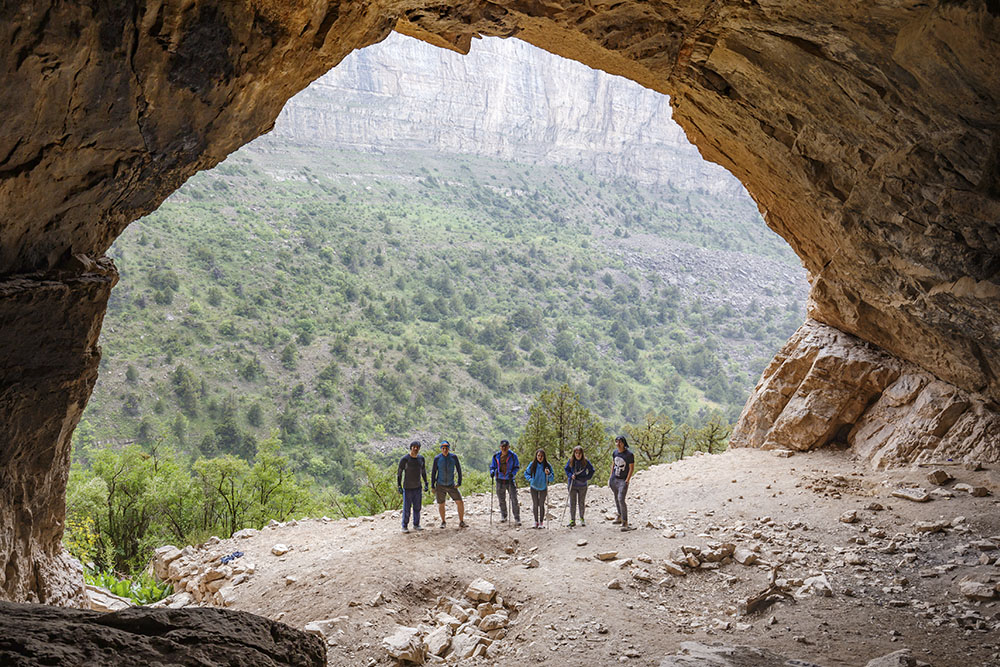Earliest known traces of human"s life on the territory of contemporary Uzbekistan had been found in the mountain caves and grottos and are attributed to the end of the Early Palaeolithic Age (Ashel epoch). Monuments of Kul-Bulak in the valley of Angren river and the complex of Uch-Tut in Bukhara district are dated from that period.
A new type of human being - the Neanderthal man - appeared in Central Asia at the Palaeolithic Age (about 100 - 40 thousands years BC). At that period the human had settled down almost throughout the territory of contemporary Uzbekistan. The ancient Palaeolithic sites had been found in Surkhan-Darya region, in Kashkadarya, Fergana and Tashkent province. The burial of a Neanderthal boy had been discovered in the Teshiktash grotto - a striking illustration of presence of some religious beliefs at that time.more...






